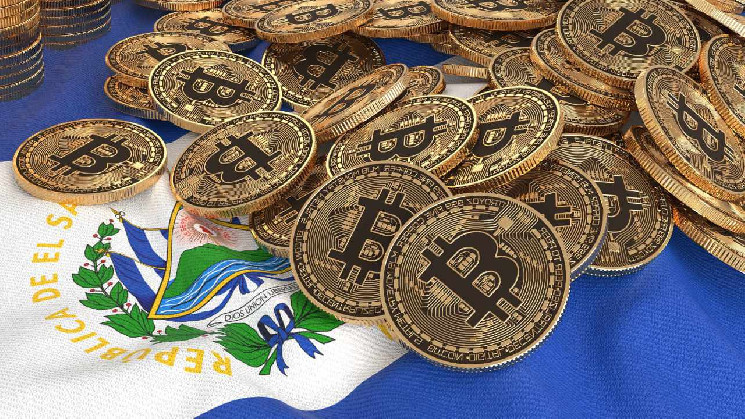El Salvador, a nation grappling with economic challenges, has found itself at the center of a potential economic windfall with the discovery of substantial gold reserves, estimated by President Nayib Bukele to be worth a staggering $3 trillion. This revelation has ignited a fervent debate about the future direction of the country, encompassing issues of mining bans, environmental sustainability, and the intriguing prospect of further bolstering its bitcoin holdings. The confluence of these factors presents a unique opportunity for El Salvador to reshape its economic landscape, though the path forward remains fraught with complexities and uncertainties.
President Bukele, a vocal proponent of bitcoin and a champion of technological innovation, views the untapped gold reserves as a catalyst for transformative change. He envisions leveraging the potential proceeds from responsible mining to address critical national needs, including job creation, infrastructure development, and overall economic advancement. The current mining ban, enacted in 2017, stands as a significant hurdle to realizing this vision. Bukele advocates for its repeal, arguing that it hinders the nation’s ability to harness its vast natural wealth and propel itself towards prosperity. He has pointed to existing studies suggesting that only a small fraction of El Salvador’s mining potential has been explored, leaving significant untapped resources waiting to be discovered.
While the estimated $3 trillion figure represents a dramatic increase from the currently explored reserves, valued at approximately $131 billion, the sheer magnitude of the potential wealth has understandably sparked skepticism. Critics question the veracity of the estimates and express concerns about the potential environmental consequences of large-scale mining operations. The delicate balance between economic benefits and ecological preservation lies at the heart of this debate. Bukele has emphasized the importance of sustainable mining practices to mitigate environmental damage, but doubts persist about the feasibility of achieving this balance, particularly in a country with limited resources and regulatory oversight.
Adding another layer of complexity to this narrative is El Salvador’s pioneering embrace of bitcoin as legal tender. This bold move has positioned the country at the forefront of the cryptocurrency revolution, attracting both praise and criticism from the international community. The discovery of substantial gold reserves has now introduced a new dimension to the bitcoin narrative, with some proponents, including President Bukele, suggesting that the influx of gold could potentially “dilute” the value of traditional precious metals, further strengthening the case for bitcoin as a superior store of value. This perspective resonates with the ongoing debate about the future of finance and the role of digital currencies in reshaping global economies.
The convergence of the gold discovery and El Salvador’s bitcoin strategy has given rise to innovative proposals, notably from prominent bitcoin advocate Max Keiser. Keiser suggests monetizing the gold reserves through the issuance of convertible preferred shares, similar to the strategy employed by MicroStrategy CEO Michael Saylor, and using the proceeds to acquire substantial bitcoin holdings. This approach, according to Keiser, would capitalize on the perceived long-term value proposition of bitcoin over gold, further solidifying El Salvador’s position as a bitcoin-forward nation. This strategy, while potentially lucrative, also carries inherent risks, given the volatile nature of the cryptocurrency market.
The future of El Salvador hinges on the judicious management of these newfound resources. The decision to lift the mining ban, if implemented, must be accompanied by robust environmental regulations and transparent oversight to ensure that the pursuit of economic growth does not come at the expense of environmental sustainability. The potential influx of wealth from gold mining presents a rare opportunity for El Salvador to address pressing social and economic challenges, from poverty and unemployment to infrastructure deficiencies. However, the successful navigation of this complex landscape requires careful planning, strategic investment, and a commitment to responsible resource management. The international community will undoubtedly be watching closely as El Salvador grapples with these critical decisions, with the potential for this small Central American nation to become a case study in the intersection of resource management, economic development, and the evolving role of digital currencies in the global financial system. The choices made in the coming months and years will have far-reaching consequences, not only for El Salvador but potentially for other nations grappling with similar challenges. The stakes are high, and the opportunity for transformative change is undeniably present.


